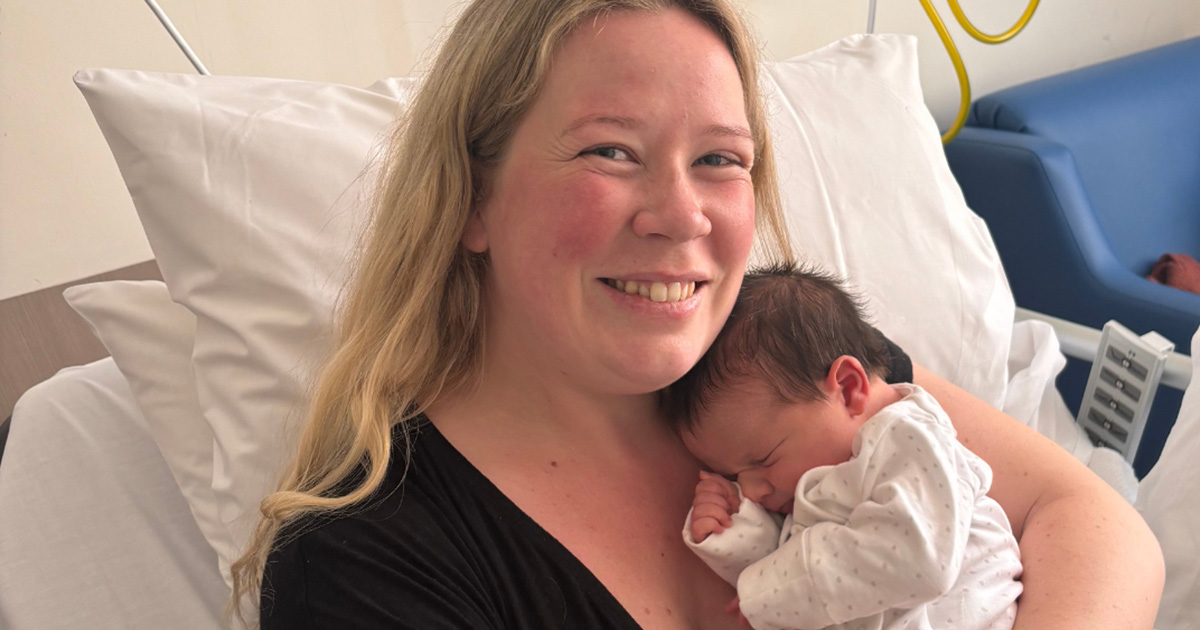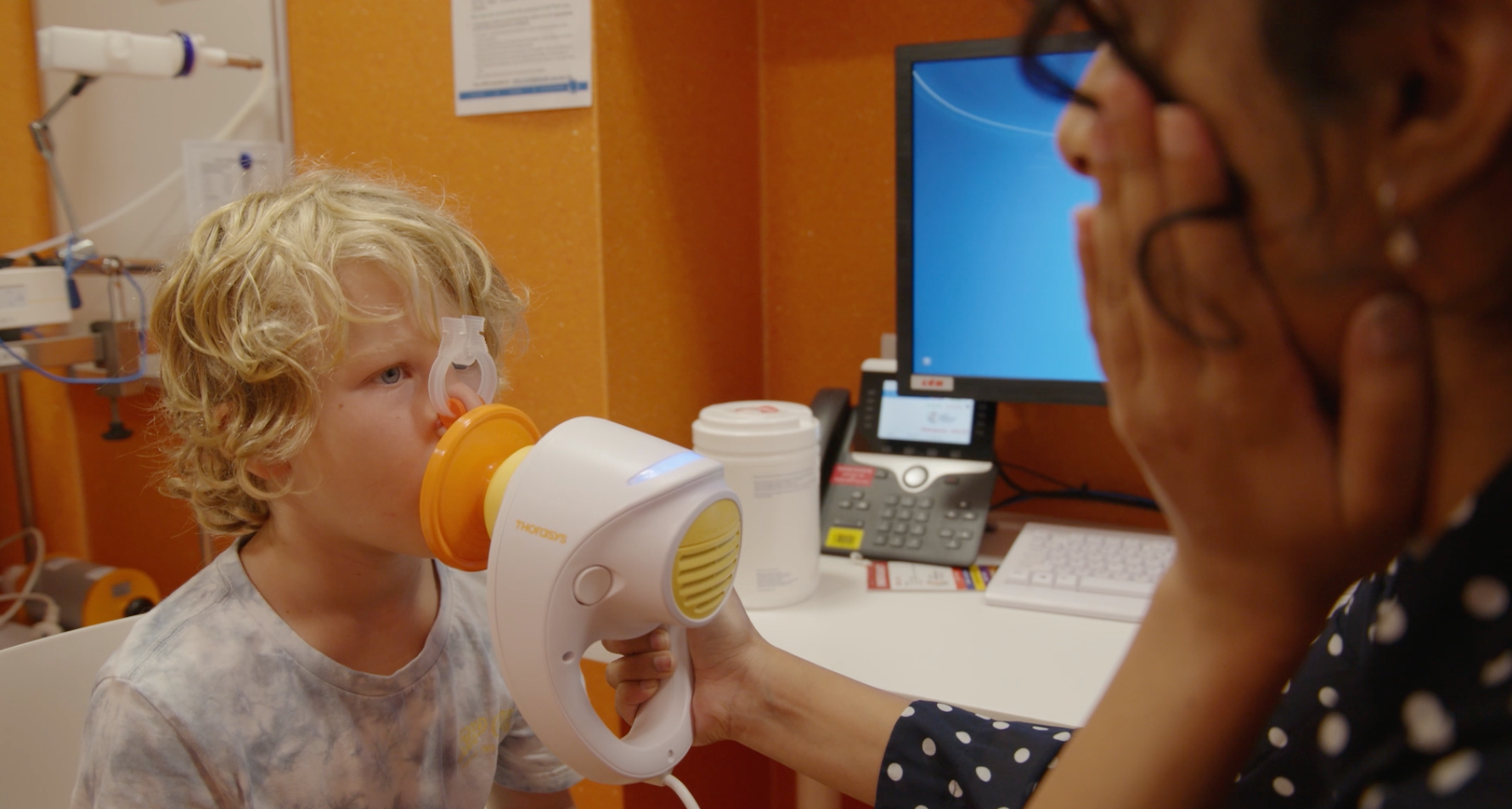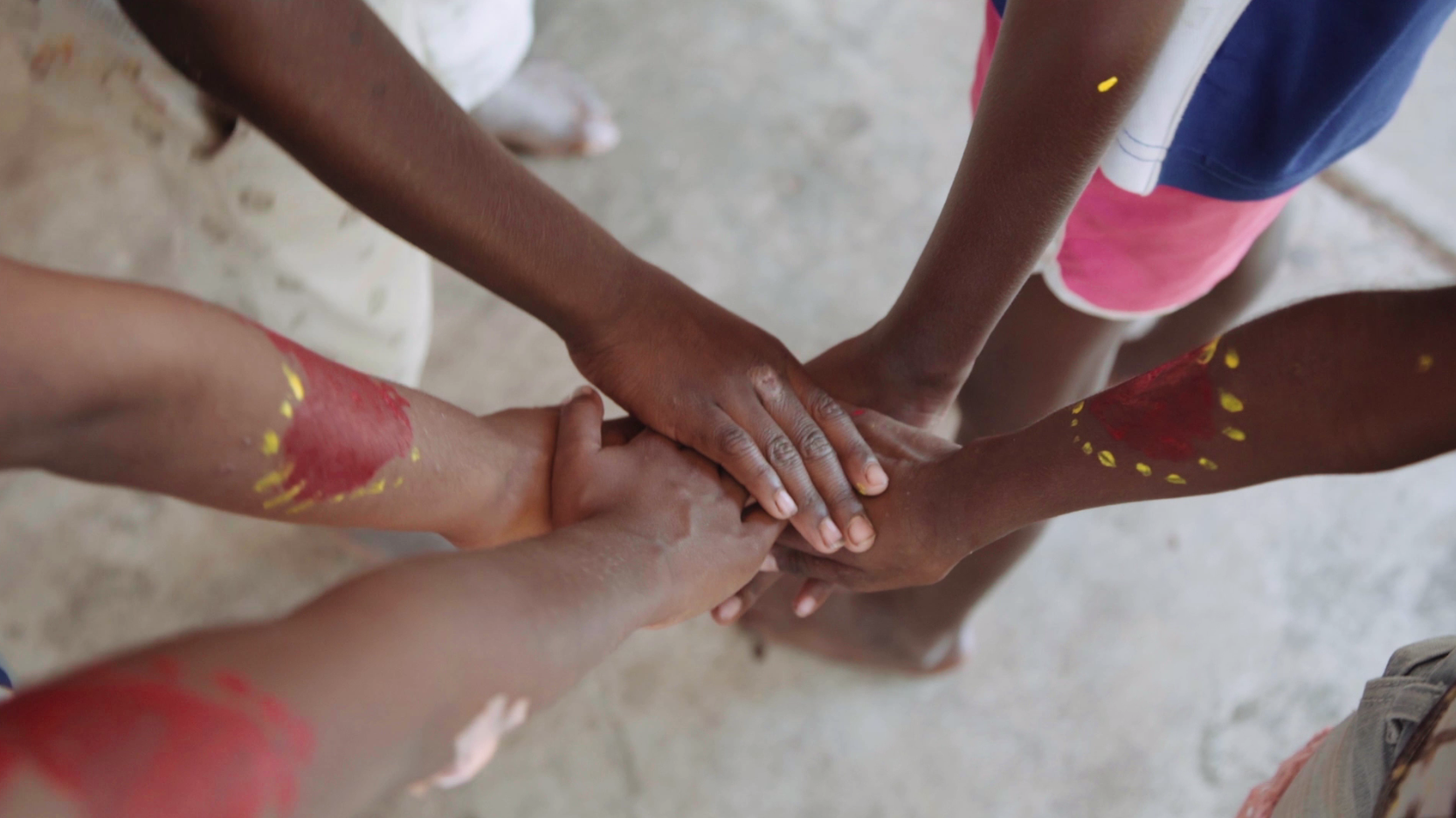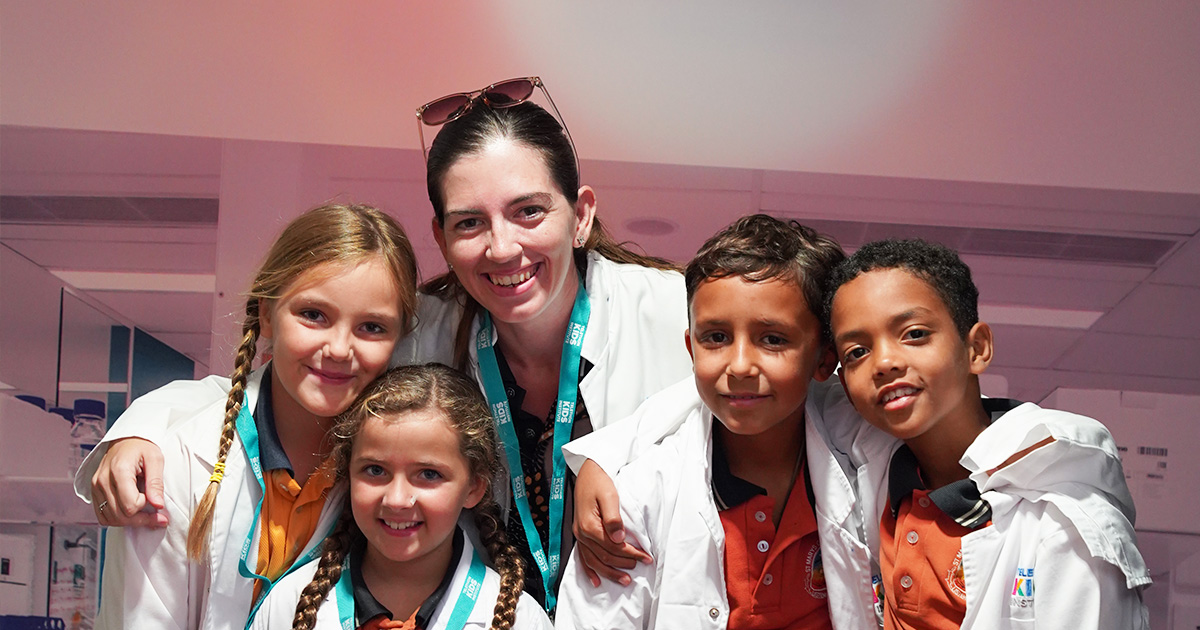Search

News & Events
Pioneering new treatments for leukaemia in children with Down syndromeA team of world-leading scientists has secured $5 million in funding from the Leukaemia and Lymphoma Society to advance the fight against leukaemia in children with Down syndrome.

News & Events
ORIGINS celebrates it’s 10,000th baby, reaching key recruitment milestoneAustralia’s biggest longitudinal study following the health and wellbeing of children from their conception through to childhood, has welcomed its 10,000th and final participant.

News & Events
Embrace 2024 Big Idea winner announcedA project that aims to understand and support the mental health of Australians with complex gender-affirmation experiences has received the $150,000 Embrace Big Idea Grant for 2024.

News & Events
New trial aims to reduce peanut allergy in childrenMothers eating a diet rich in peanuts while breastfeeding might be helping to reduce their baby’s risk of developing a peanut allergy – that’s the hypothesis of a new clinical trial that has been granted $2.29 million in funding by the National Health and Medical Research Council (NHMRC).

News & Events
New drug offers hope for people living with cystic fibrosisA promising new treatment pioneered in Western Australia for people with cystic fibrosis has commenced testing in a clinical trial in the United States and Australia.

News & Events
Early Years Partnership budget boost welcomedThe Kids Research Institute Australia has welcomed today’s announcement by the Cook Government and Minderoo Foundation of a $34.6 million boost for the Early Years Partnership to achieve better outcomes for children.

News & Events
Couple leave lasting impact with gift in WillIt was during a time of grief that John Mearns was inspired to make a difference.

News & Events
National funding to help foster healthier food environments and fight RHDResearch teams led by The Kids Research Institute Australia have been awarded $3.75 million to support two innovative projects – one focused on pioneering a national ‘Food Atlas’ to map access to healthy and unhealthy food across the country, and the other on developing new ways to prevent Strep throat and rheuma

News & Events
International Volunteer Day: The Kids Research Institute Australia’s Executive Director says thank youMailing list Discover. Prevent. Cure. Be Inspired About The Kids Join thousands of active subscribers and hear about the brave kids, dedicated

News & Events
Opinion: Why I am voting yes in the Voice ReferendumAustralia has nothing to lose by voting Yes, but First Nations people have everything to gain. And if the lives of First Nations people improve, we all win.
